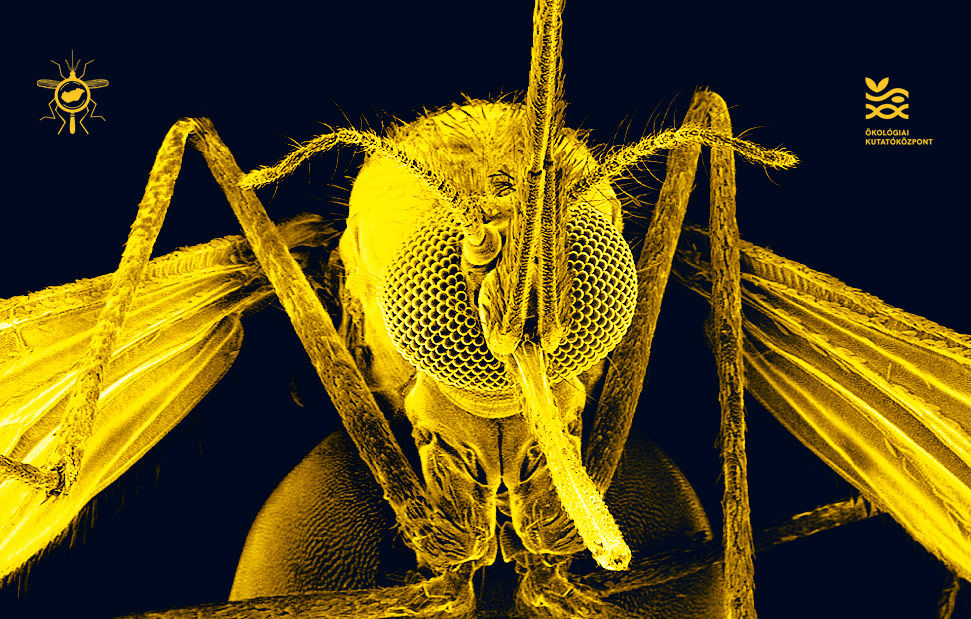
We are looking to hire a Postdoctoral Researcher for 24 months to work on a nationally funded (NRDI) project on the ecological causes and consequences of the spread of invasive mosquitoes in Hungary.
BACKGROUND:
Climate change combined with a significant increase in international trade and tourism constitute the main causes behind the emergence and spread of invasive species in Europe, which raise several ecological, epidemiological and economic problems. Along this process, three invasive mosquito species (Aedes albopictus, Ae. japonicus and Ae. koreicus) with a high potential to transmit pathogens that threaten human and animal health have been detected in the last decade in Hungary.
OUR WORK:
Our group uses a surveillance protocol that includes both field sampling (organized trapping of adult mosquitoes) and a citizen science (www.mosquitosurveillance.hu). Based on these activities during the last four years, we were able to describe within-season changes in abundance and patterns of spatial distribution of the three invasive mosquito species in the country. We have also started a PCR-based laboratory work to identify the pathogens that these species carry, to determine the genetic origin of the populations and also to assess blood meal composition.
Currently, our primary interest is to discover the environmental drivers that shape the temporal and spatial dynamics of the target species. Along this line, we combine our rich dataset on mosquito abundance and distribution with several ecological predictors (e.g., climate, habitat characteristics, level of urbanization). We plan to describe the ecological profile of different species by machine learning approach that will help us predict distribution patterns in the future. To understand the effect of the presence of new species in the endemic fauna, we will describe the ecological relationships that the invasive species establish locally (e.g. roles in pathogen transmission and pollination, competition with endemic mosquitoes, potentials as food resource)
JOB DESCRIPTIONS:
We are looking for an applicant with a solid background in ecology and evolutionary biology, who demonstrates theoretical interest in invasion biology. Ideally, we expect the candidate to work on her/his own (but with the ability to communicate effectively as a member of a team), and could bring novel concepts/expertise within the research project. As a formal qualification, the candidate must hold a PhD degree (or equivalent), and a considerable publication record. We hope to attract applicants who have experience in i) data mining and handling big data; and/or ii) sophisticated statistical analyses (bioinformatics, machine learning, GIS, networks, phylogenetic models); and/or iii) programming; and/or iv) building prediction models.
The postdoc will be based at the CER, Hungary’s largest ecology and evolution institute, with more than 200 researchers and with diverse array of research topics. The research program is incorporated into a larger National Laboratory platform that establishes strong collaborations with sixteen different research institutes along the One Health concept. The postdoc will interact with members of the other research groups and institutes, but we offer high flexibility with regard to the working routine.
To apply: email a cover letter and CV to garamszegi.laszlo@ecolres.hu (All applications irrespective of age, gender, disability, race, religion or ethnic background are welcome).
László Zsolt Garamszegi
Related link(s):

